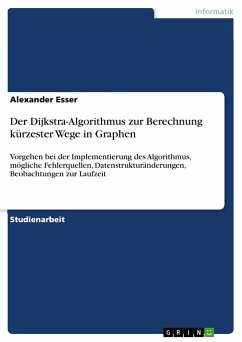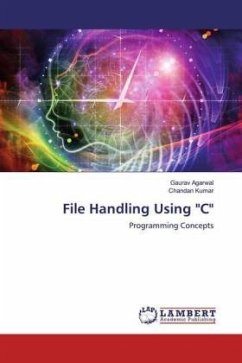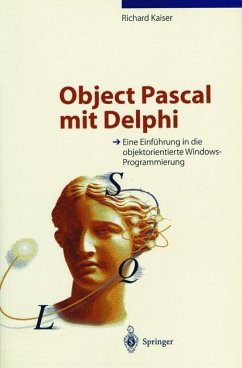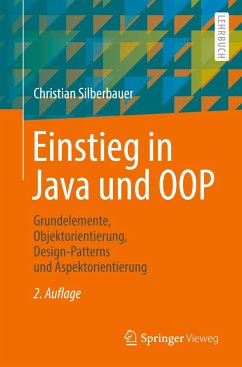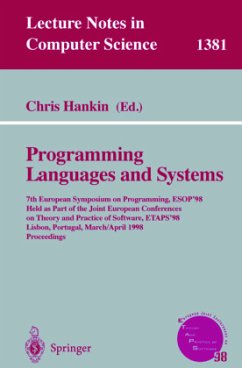
Exception Handling
Versandkostenfrei!
Versandfertig in 6-10 Tagen
36,99 €
inkl. MwSt.

PAYBACK Punkte
18 °P sammeln!
Exception handling is a programming language construct or computer hardware mechanism designed to handle the occurrence of exceptions, special conditions that change the normal flow of program execution. Unlike signals and event handlers that are part of the normal program flow, exceptions are typically used to signal that something went wrong (e.g. a division by zero occurred or a required file was not found). Exceptions are raised or thrown (initiated) by either the hardware or the program itself by using a special command. Programming languages differ considerably in their support for excep...
Exception handling is a programming language construct or computer hardware mechanism designed to handle the occurrence of exceptions, special conditions that change the normal flow of program execution. Unlike signals and event handlers that are part of the normal program flow, exceptions are typically used to signal that something went wrong (e.g. a division by zero occurred or a required file was not found). Exceptions are raised or thrown (initiated) by either the hardware or the program itself by using a special command. Programming languages differ considerably in their support for exception handling as distinct from error checking. In some programming languages there are functions which cannot be safely called on invalid input data ... or functions which return values which cannot be distinguished from exceptions. For example in C, the atoi (ASCII to integer conversion) function may return 0 (zero) for any input that cannot be parsed into a valid value. In such languages the programmer must either perform error checking (possibly through some auxiliary global variable such as C's errno) or input validation (perhaps using regular expressions).




